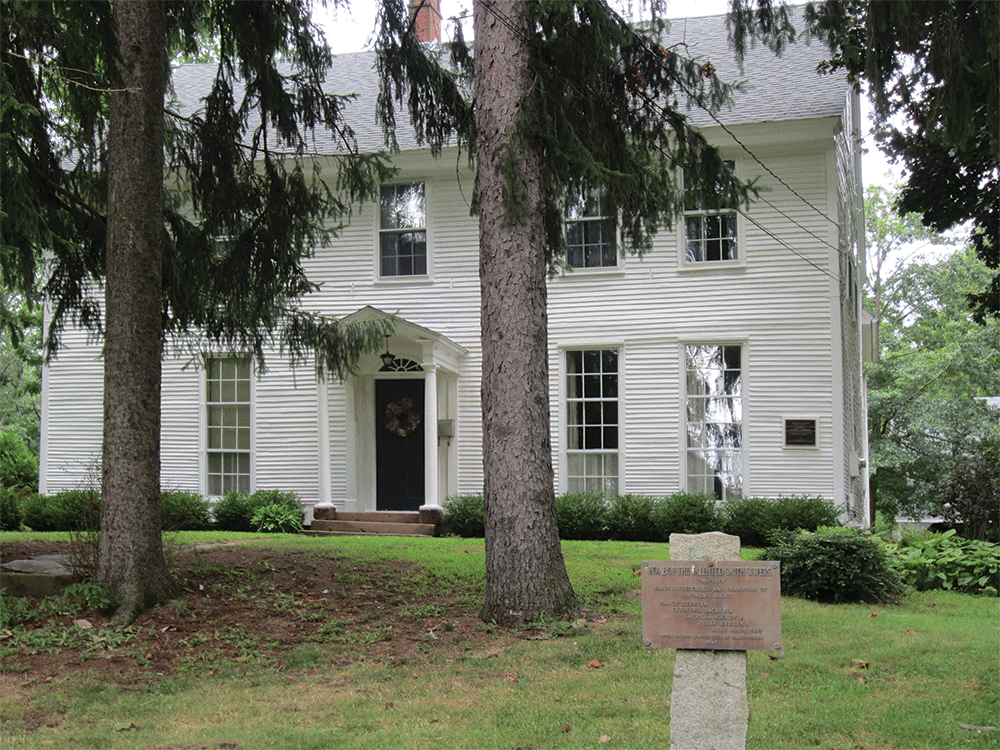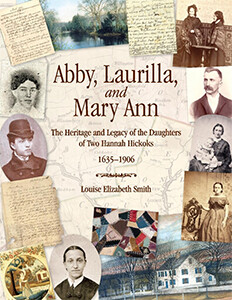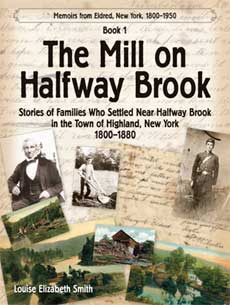
It was the summer of 1872. Abby and Julia Smith lived in their roomy, comfortable Kimberly Mansion—a white, two-story house with green shutters.
The home, well over one hundred years old, sat on the original 133 acres, which included woods, farmland, Abby’s beautiful flower garden, and meadows for Julia’s pet Alderney cows.

Abby and Julia continued to be known in Glastonbury for their hatred of slavery and the kindnesses they showed their neighbors and those in need.
They graciously entertained visitors, friends, and neighbors in their home which held seventy-seven years’ worth of family memories.
Julia talked faster. But it didn’t matter who did the talking, they both held the same views.
The Assessor
Late in the fall of 1872 a subtle breeze hinted that a tax storm was about to begin.
Collector Cornish stopped at Kimberly Mansion to collect two hundred dollars in taxes—one hundred dollars more than usual. Abby and Julia had not been notified and had not saved any extra money. Two widows in the neighborhood also had their taxes raised, but none of the men.
“As the assessor, I have the right to add as much as I please,” Mr. Cornish explained to the sisters.
Never one to be silent when there was injustice, Julia scolded Mr. Cornish. “This is so wrong to treat us in this manner. We could not raise money enough from our land to pay its taxes, but men…could raise tobacco and pay theirs readily.”
Mr. Cornish then consulted with the Selectmen who directed him to collect the whole amount. Abby and Julia paid the town over $200 that year.
“To be sure it increased our tax but little,” the sisters agreed. “But what is unjust in least is unjust in much.”
The comment referenced Mr. Hampden who, in 1637, would not pay the illegal ship tax, imposed by England’s King Charles I. The unjust tax was one of the reasons many left England for the New World and helped lead to the English Civil War, in Old England.







